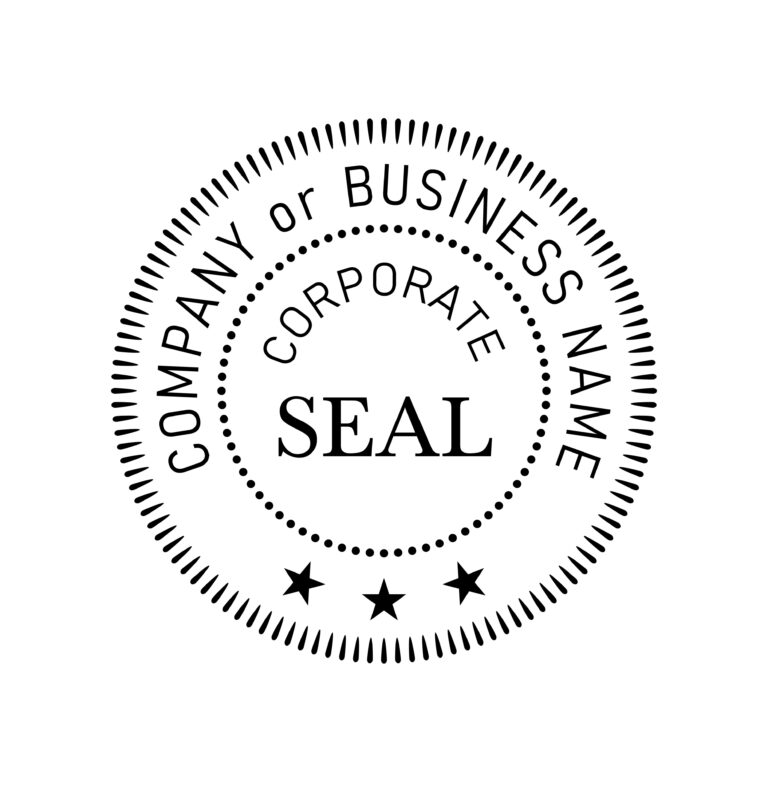Switzerland is a very business-friendly country with a stable and investment-friendly economic system. Entrepreneurs who want to start their own business in Switzerland have several legal form options to consider. However, each legal form has its advantages and disadvantages, and it is important for entrepreneurs to understand the differences between them before making a decision.
Here is an overview of the different legal forms of companies in Switzerland, with their advantages and disadvantages.
1. Sole proprietorship
A sole proprietorship is a business owned by one person. There is no legal distinction between the owner and the business, which means that the owner is personally liable for all debts and obligations of the business.
Advantages :
– Easy to set up: It is easy and inexpensive to set up a sole proprietorship in Switzerland.
– Full control: the owner has full control over the business and can make all important decisions without having to consult others.
– Income tax: the profits of the sole proprietorship are taxed as personal income, which can be advantageous for small businesses.
Disadvantages:
– Unlimited liability: the owner is personally liable for all debts and obligations of the business, which means that in case of bankruptcy, he/she may lose his/her personal assets.
– Difficulty in obtaining financing: banks may be reluctant to lend money to a sole proprietorship because of the owner’s unlimited liability
2. Swiss Limited liability company (LLC)
A Swiss limited liability company (LLC) is a business that has a legal personality separate from that of its owners. The owners are called partners and are responsible for the management of the business. The partners are only liable for the debts of the business to the extent of their investment.
Advantages :
– Limited liability: partners are only liable for the debts of the business up to the amount of their investment, which means that their personal assets are protected in case of business failure.
– Ease of transfer of ownership: it is easy for partners to transfer their share of ownership to another person.
– Professional image: having a separate legal personality can give the business a more professional image.
Disadvantages :
– Set-up costs: setting up a limited liability company can be costly, as it requires a notary and a minimum capital.
– Relative limited liability: partners can be held liable for mismanagement of the business or professional negligence.
– Tax on profits: the profits of the LLC are taxed separately from those of the partners, which may result in higher taxation
3. Swiss Joint stock company (JTC)
A Swiss joint stock company is a company that has a legal personality separate from that of its owners. The owners are called shareholders and own shares in the company. The management of the company is entrusted to a board of directors.
Advantages :
– Limited liability: shareholders are only liable for the company’s debts up to the amount of their investment, which means that their personal assets are protected in the event of the company’s bankruptcy.
– Ease of transfer of ownership: it is easy for shareholders to transfer their shares to another person.
– Professional image: having a separate legal personality can give the company a more professional image.
– Ease of obtaining finance: banks may be more willing to lend money to a JTC because of its sound legal structure.
Disadvantages :
– Set-up costs: setting up a JTC can be expensive, as it requires a notary and a minimum capital.
– Disclosure of information: JTCs must publish financial and business information in a public register, which may limit the confidentiality of the company.
– Tax on profits: the profits of the JTC are taxed separately from those of the shareholders, which may result in higher taxation.
4. Partnership limited by shares (SCA)
A limited partnership with shares (SCA) is a company that combines the characteristics of a public limited company and a limited partnership. There are two types of partners in an SCA: shareholders who have limited liability and limited partners who have unlimited liability.
Advantages:
– Limited liability: shareholders are only liable for the debts of the company up to the amount of their investment, which means that their personal assets are protected in the event of the company’s bankruptcy.
– Professional image: having a separate legal personality can give the company a more professional image.
– Ease of obtaining finance: banks may be more willing to lend money to an SCA because of its sound legal structure.
Disadvantages:
– Set-up costs: setting up an SCA can be costly as it requires a notary and a minimum capital.
– Unlimited liability: limited partners are personally liable for all debts and obligations of the company, which means that they can lose their personal assets in case of bankruptcy.
– Disclosure of information: SCAs must publish financial and business information in a public register, which may limit the confidentiality of the company.
In conclusion, each legal form of business in Switzerland has its advantages and disadvantages. Entrepreneurs should carefully consider their options and take into account factors such as their level of personal liability, budget, brand image and ease of obtaining financing before choosing a legal form for their business. Ultimately, the legal form chosen should match the objectives and needs of the business and the preferences of the founders.
It is important to note that the legal structure of the business is not fixed and can be changed if the needs of the business change. Entrepreneurs may also consider consulting RISTER fiduciary in Geneva to help them choose the most appropriate legal form for their business.
In summary, Switzerland offers a variety of legal forms for businesses, each with its advantages and disadvantages. Entrepreneurs should consider factors such as their level of personal liability, budget, brand image and ease of obtaining financing before choosing a legal form for their business. Once the legal form is chosen, it is important to comply with applicable legal and tax requirements to maintain compliance and good standing.
Contact us to start your initial consultation now. We would be delighted to get to know you and define the next steps in your project to establish a company in Switzerland.
Fill out our contact form or call us at +41(0)22 566 82 45












